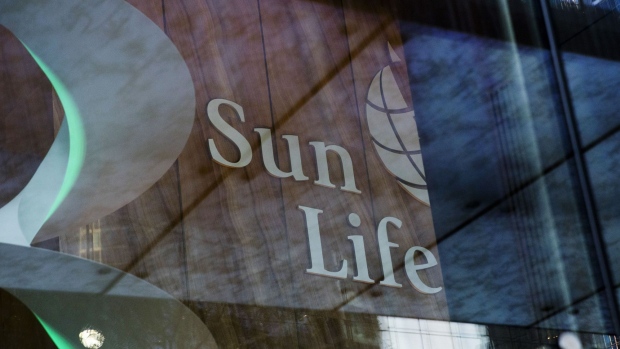Aug 7, 2020
Sun Life Opens Singapore Office, Looks for Acquisitions in Asia
, Bloomberg News

(Bloomberg) -- Sun Life Financial Inc. has opened an office in Singapore and is looking for more acquisitions in Asia as the Canadian insurer expands its footprint in the region.
The Toronto-based firm will target affluent clients in the city-state, offering insurance products through international brokers and private banks in the Asian financial hub.
“To be in Singapore is essential and critical to build out our high-net worth strategy within Asia,” Belinda Au, chief executive officer of Sun Life Singapore said in an interview Friday. The company will start with about a dozen employees and add more over the next few years, she said.
Singapore becomes the eighth market for Sun Life in Asia, where the company has 21,000 employees and C$52 billion ($39 billion) in assets under management.
Sun Life is looking to make more acquisitions in the region, after reaching a bancassurance deal in Vietnam last year to sell insurance via Tien Phong Commercial Joint Stock Bank, said Leo Grepin, president for Asia.
“We’re very much looking for acquisitions in Asia across our core markets,” said Grepin, who has led Sun Life’s Asian business from Hong Kong since January.
Hong Kong Base
The expansion in Singapore doesn’t represent a pull back from Hong Kong, where the company has been operating for 128 years, Grepin said. The new national security law imposed by China in the city has raised concerns that global firms and affluent Hong Kongers may leave.
“We are very committed to Hong Kong and to our clients in Hong Kong,” Grepin said.
The Canadian firm would be interested in increasing its stake in a joint venture on the mainland with China Everbright Group if its partners wanted to sell. Sun Life holds about a 25% stake in the partnership, and can increase that to 100% under new China rules.
Read more: Sun Life’s Earnings Beat Estimates With Canada Driving Results
“We’re very bullish on China, and over time we’d be interested in increasing our investment, but there’s no short-term plan to do so,” Grepin said. “Obviously that would require partners to sell down.”
©2020 Bloomberg L.P.